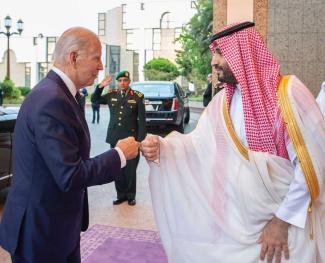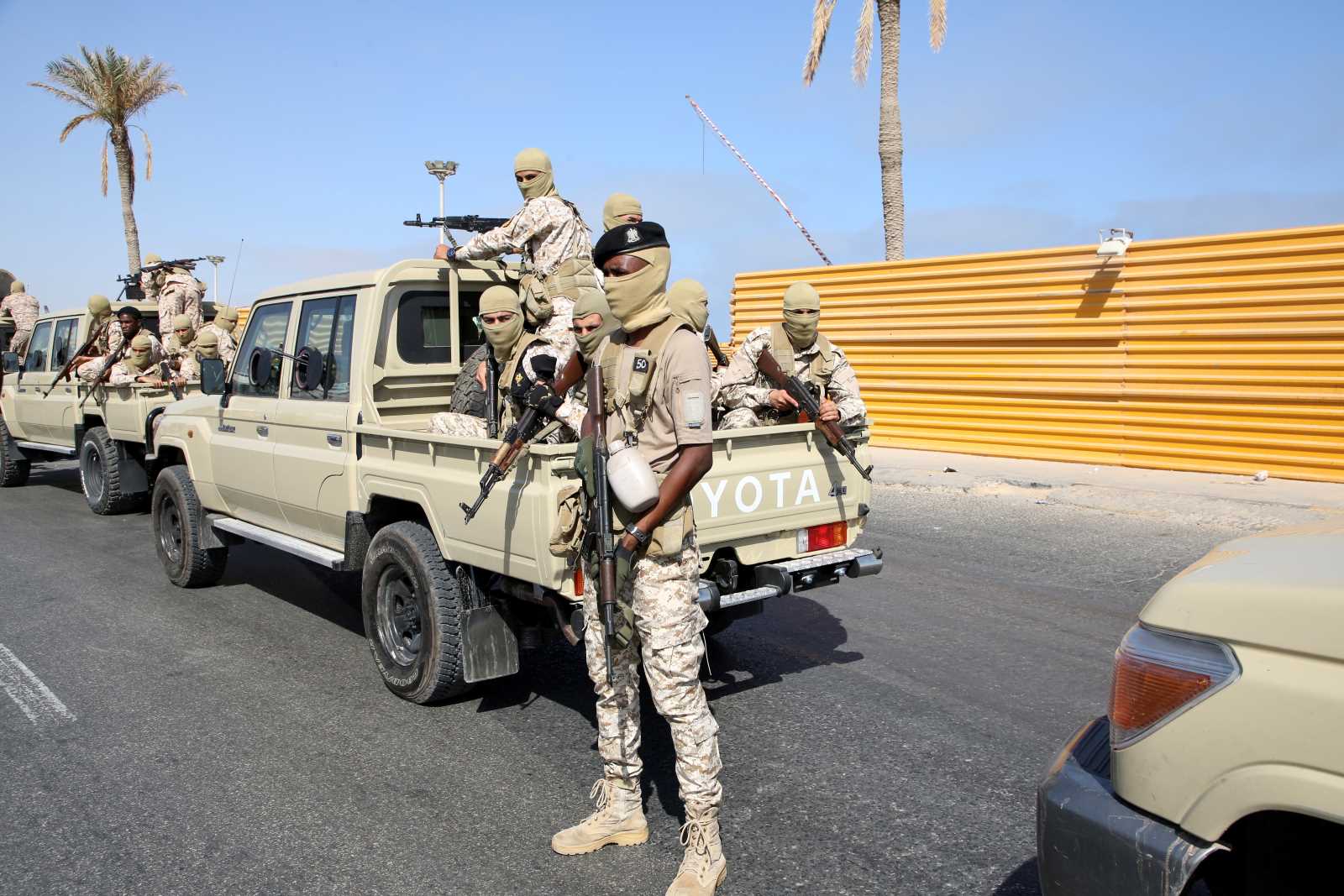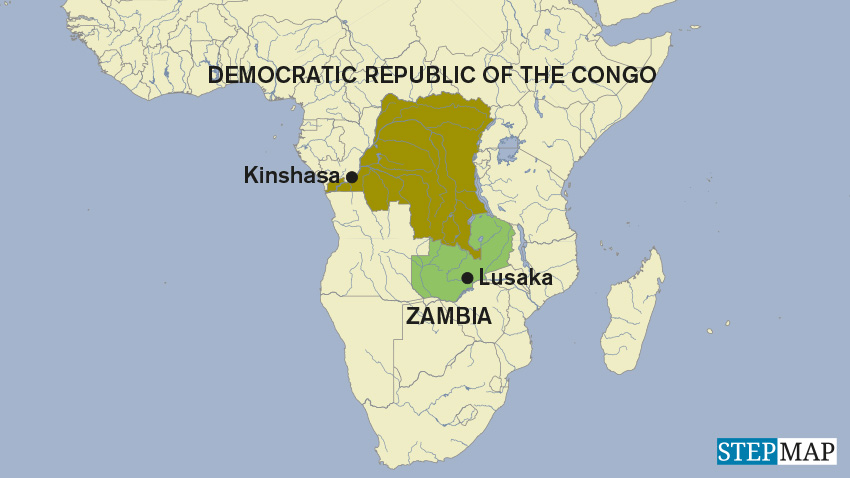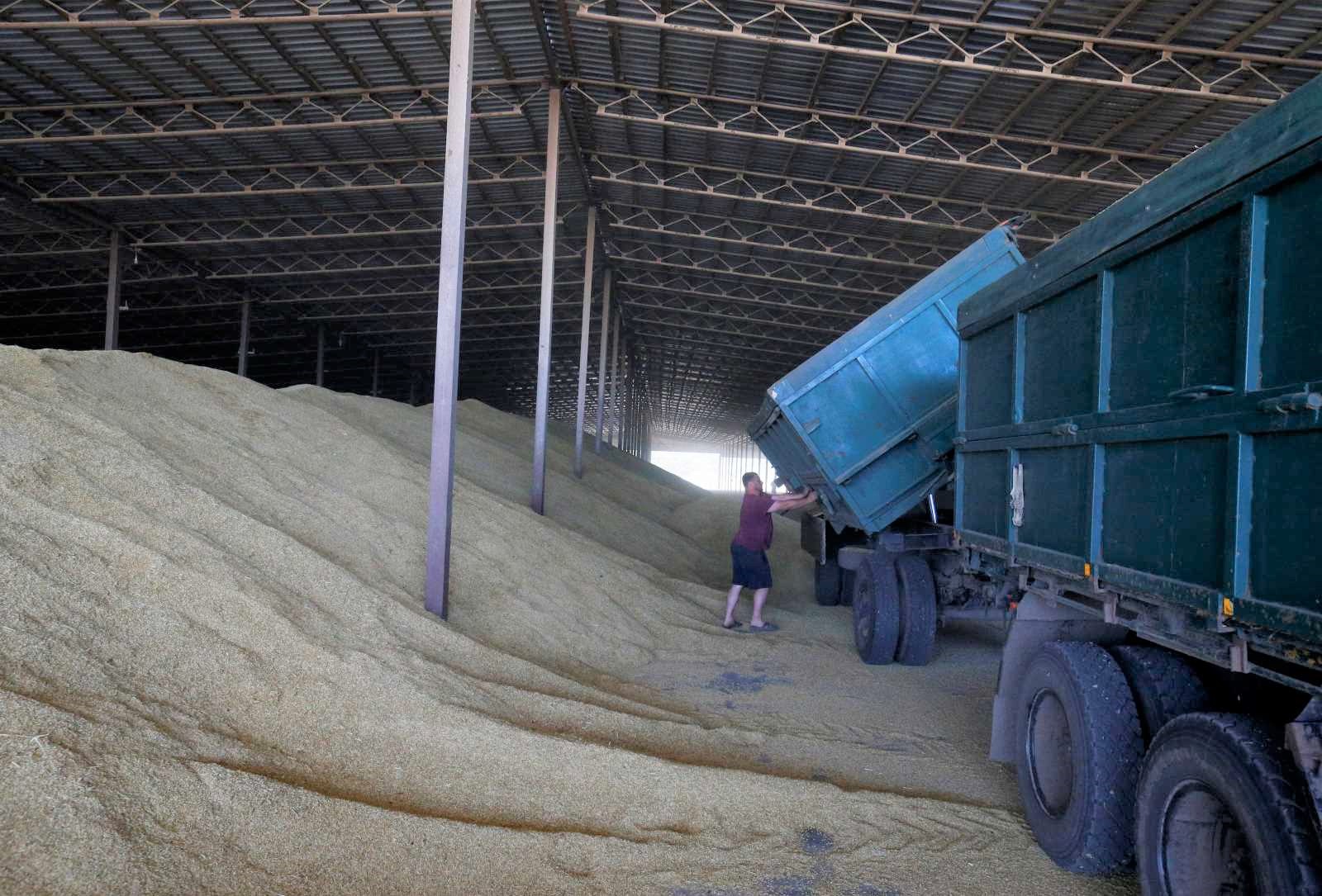Fossil energy
Moscow and Riyadh share a longing for Trump

The purpose of the Organization of Petroleum Exporting Countries (OPEC) is to stabilise the oil market. Together, its 13 member countries account for about 40 % of global oil production. They coordinate decisions with another 10 oil-exporting countries, including Russia. This informal setting is called OPEC+.
According to OPEC+, the production cut was a response to weakening global demand. Indeed, it makes sense to adjust supply in order to stabilise the oil price. On the geostrategic level, however, other things matter as well – including two wars in particular:
- Russia has been waging a military war against Ukraine since late February. This war is accompanied by an economic war with the west, in which energy is crucial. Russia has long been exporting oil and gas to European countries, and still continues to do so.
- Saudi Arabia is competing with Iran for regional supremacy (see Maysam Behravesh on www.dandc.eu). The two countries are engaged in a proxy war in Yemen.
OPEC+ rebuffs Washington
Instead of isolating Russia, as Washington hoped, OPEC+ took a decision in favour of Moscow. The higher oil price implies that Russia will generate more export revenues. Moreover, it exacerbates supply problems in the EU. The high price may also have an impact on domestic US politics. Ahead of the midterm elections in early November, Republicans are blaming Joe Biden’s policies for the high gasoline prices. Biden would be significantly weakened should his party lose its majority in one or even both houses of Congress.
Even though Saudi Arabia is a close ally of the US, it went along with other oil-exporters wishes in regard to the production cap. In fact, the regimes in Moscow and Riyadh may share a longing for Biden’s predecessor, Donald Trump. His views on climate change, democracy and human rights were much closer to their own. Moreover, he denied climate change and did his best to undermine climate action at national and international levels. Oil-exporting countries know their time is running out and want to maximise profits as long as possible. They share this interest with fossil-fuel corporations in the US, which have generously supported Republican election campaigns for decades (for Hans Dembowski’s assessment of oil interests’ affinity to authoritarian attitudes see his comment on www.dandc.eu).
Trump, moreover, ignored the voices in the USA against arms sales to Saudi Arabia after the outbreak of the Yemen conflict. Riyadh equally appreciated his withdrawal from the Iran nuclear deal, which Biden wants to renew.
Competition between Iran and Russia
As Saudi Arabia is inching away from Washington, one might expect Iran, another OPEC member, to seek some rapprochement with the USA. That might seem even more likely, should the EU implement the embargo it has announced on Russian oil. That would entail that Russia and Iran would increasingly compete on the Chinese oil market, where demand is declining due to Covid-19 lockdowns. However, any détente with the USA is extremely difficult for Tehran – and most unlikely now, given that protests against its strict hijab rules are rocking the country (see Shora Azarnoush on www.dandc.eu).
All in all, the OPEC+ decision was motivated by economic considerations. While Saudi Arabia did not fight for the US in this setting, it probably does not want to weaken its ties to Washington, while hoping that President Biden will be replaced by a Republican after the next presidential elections in two years.
Zohra Cosima Benamar is a PhD candidate in geopolitics and energy policy at the ISCTE University Institute of Lisbon.
Zohra_Cosima_Benamar@iscte-iul.pt













